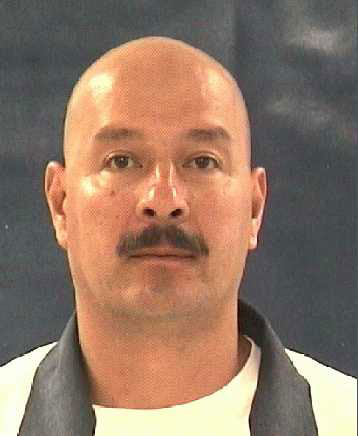
The Test Acts created religious tests for public office holders in England. Under the Test Act of 1673 (25 Car. II. c. 2), a holder of public office had to receive, within three months of assuming office, the sacraments of the Lord’s Supper according the Anglican Church. Under the Test Act of 1678 (30 Car II. stat. 1, c. 1), a person filling any civil and military office had to swear:
I, A.B., do solemnly and sincerely in the presence of God profess, testify and declare that I do believe that in the sacrament of the Lord’s Supper there is not any transubstantiation of the elements of bread and wine into the body and blood of Christ at or after the consecration thereof by any person whatsoever: and that the invocation or adoration of the Virgin Mary or any other saint, and the sacrifice of the mass, as they are now used in the Church of Rome, are superstitious and idolatrous. And I do solemnly in the presence of God profess, testify and declare that I do make this declaration and every part thereof in the plain and ordinary sense of the words read unto me, as they are commonly understood by English Protestants, without any evasion, equivocation or mental reservation whatsoever… .^
The penalty for not fulfilling these requirements was deprivation of office, a fine of five hundred pounds, and civil disabilities. That the declaration specified “the plain and ordinary sense of the words read onto me” hints at the battle over the sense of words and images in early modern England.
Harrison v. Evans (1 Eng. Rep. 1437), reversal affirmed in the House of Lords, 4 Feb. 1767, prevented the City of London from prosecuting a dissenter for refusing to serve in office because of the Test Acts’ requirements. This case did not directly have force outside of London.^
Lord Mansfield, speaking in support of Evans, declared:
Conscience is not controulable by human laws, nor amenable to human tribunals. Persecution, or attempts to force conscience, will never produce conviction; and are only calculated to make hypocrites, or – martyrs.
…The common law of England, which is only common reason or usage, knows of no persecution for mere opinions: For Atheism, Blasphemy, and reviling the Christian religion, there have been instances of persons prosecuted and punished upon the common law; but bare Nonconformity is no sin by the common law
Mansfield went on to praise Jacques Auguste de Thou, who, “though a Papist,” condemned religious persecution. Mansfield suggested that the case against Evans was like a “jesuitical distinction.”^
John Howard, although a member of a dissenting church, became High Sheriff of Bedfordshire in 1773. Howard was not concerned about the specific words and expressions of faith. He may well have made the required declaration and sacraments under the Test Act.